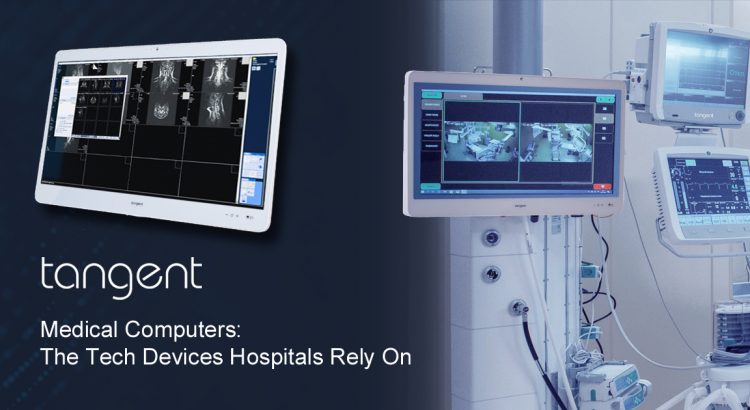Commercial computers have found a home in offices, restaurants, and other places of business. But when it comes to the medical setting, standard computers are sorely lacking. A typical computer doesn’t have to be as sanitary as a medical computer as they are rarely in a sterile environment,. Designers create medical computers specifically for use […]
Tag: Medical Panel PC
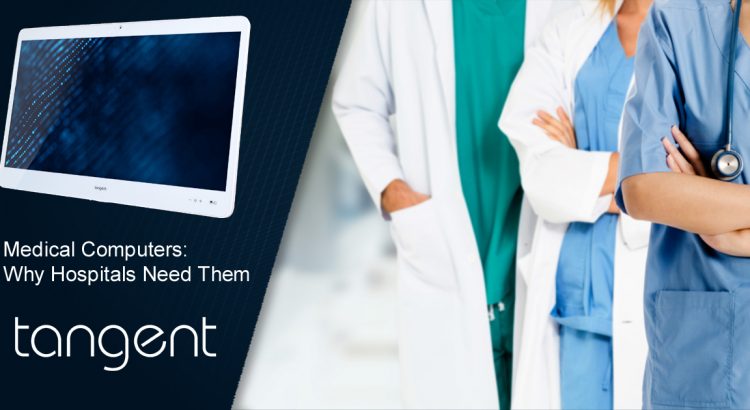
Medical Computers: Why Hospitals Need Them
For their entire existence, hospitals have only had one major goal: to provide quality healthcare to their local community. To do this, doctors have always used the most advanced technology available to them. In the sixties, that meant creating and implementing the first artificial hearts into patients. Innovations like these have led to people living […]
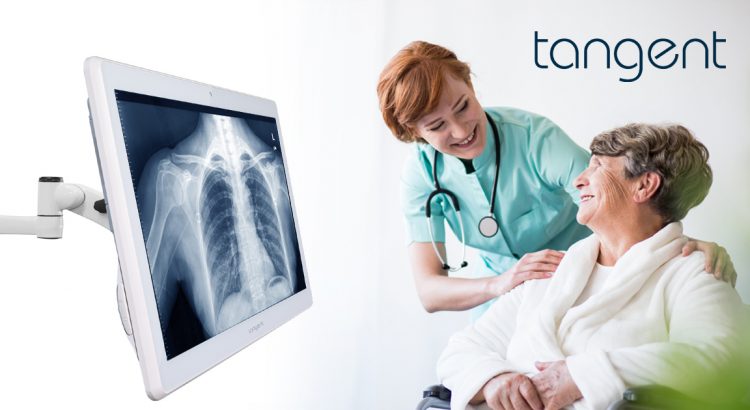
Medical Computers For Medical Imaging
Medical imaging has been one of the premier medical advancements of the last century. Doctors can utilize x rays, MRI machines, and tests to get a look inside a patient’s body. These processes have led to better diagnostic capabilities and a more precise medical process. But these imaging technologies are only as good as the […]
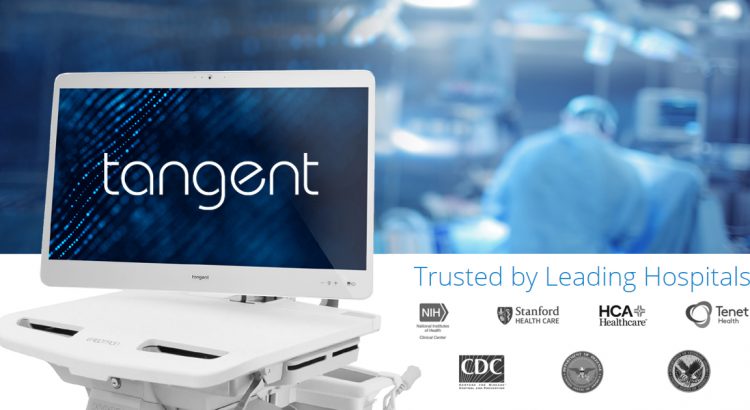
5 Uses For Medical Computers
It may seem like the uses of medical computers mirror those of traditional computers, and that the two are interchangable. They both send emails, can handle spreadsheets, and can access the internet. But the uses of medical computers are far more exact and tailored to the hospital environment. Here are five of the top uses […]
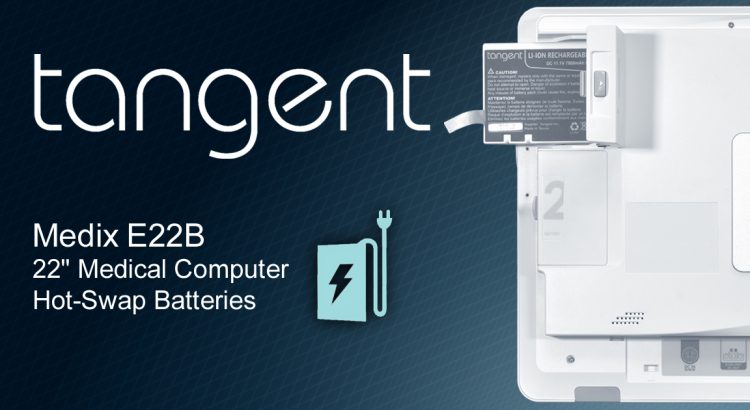
Medix E22B: Medical Computer For Hospital Use
The last thing your doctors want to be worrying about during an emergency is their equipment. There are over 130 million emergency room visits made by Americans each year according to the Center for Disease Control. That’s around 42 visits for every 100 people. When these sorts of emergencies occur, your doctors need to be […]
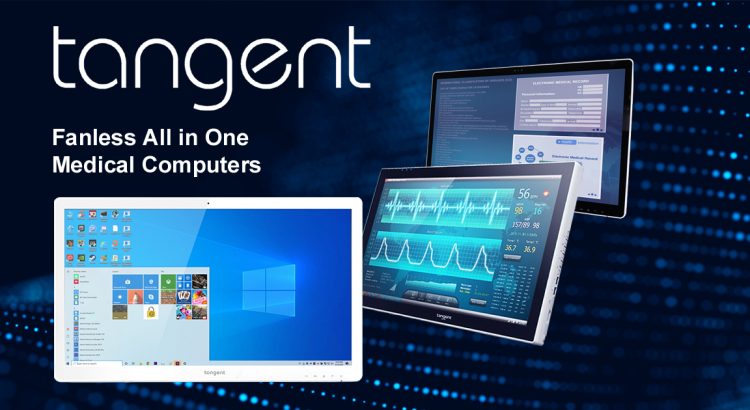
Why Medical Grade Computers Need To Be Fanless
During these hot summer months, turning on a fan can help you cool off. Fans are everywhere, from residential homes to restaurants and even offices. But while fans certainly have a place in our lives, there is one area they simply don’t belong: medical grade computers. In addition to cooling people off, fans have the […]
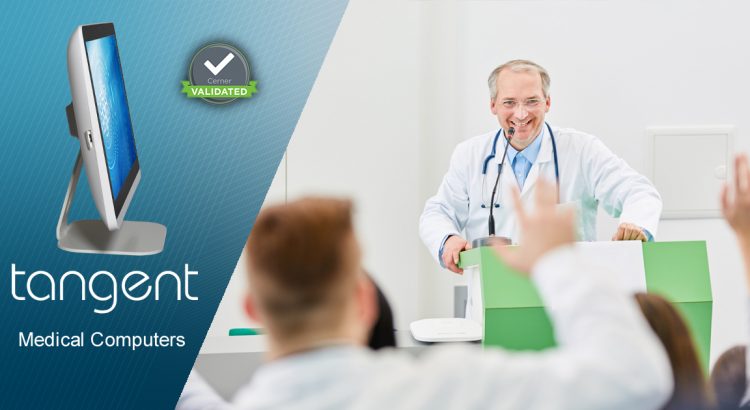
How Medical Computers Have Revolutionized Nursing
Nurses play a number of roles in the hospital. Whereas doctors work in specialized sections of the medical field, nurses play a less standardized role. Nurses wear many hats throughout their workday. They may start the day rooming patients and end it by ensuring a patient’s new medication regimen won’t have negative interactions. Because of […]

4 Reasons Why Medical Grade Computers Are Used In The Hospital
Medical grade computers have become a staple in hospitals. Doctors use them to check up on electronic medical records, send correspondences, and make accurate diagnoses. Medical assistants and nurses use them for their clerical duties, managing inventory, and rooming patients. While the many uses of medical grade computers are thoroughly documented, some may not know […]
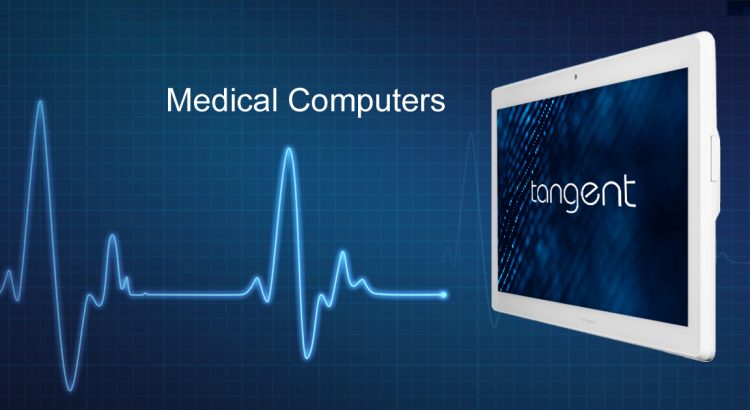
3 Workflows That Can Be Replaced With Medical Computers
Hospitals have learned a lot from this pandemic. Doctors, nurses, and medical assistants have all adapted to and overcome numerous challenges. Hospitals themselves were the site of many rapid advancements and have been pushed up years in terms of technological advancements. Yet hospitals’ workflows remain largely unchanged since the beginning of the pandemic. Hospitals should […]
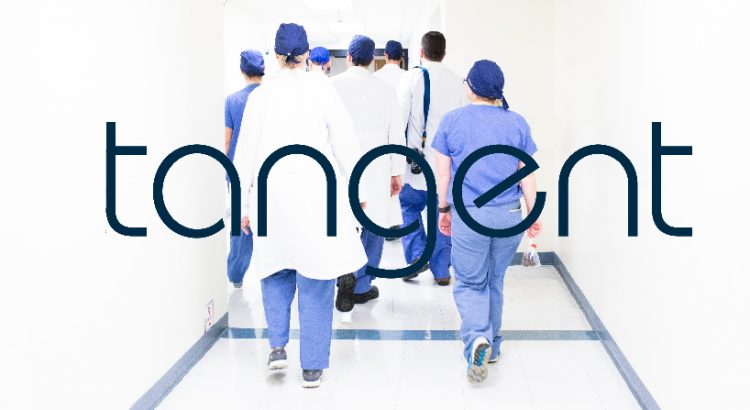
Mobile Workflows With Medical Computers
It’s been many years since congress has mandated hospitals to begin using medical computers to keep track of medical records. The resultant electronic medical records (EMRs) softwares that have emerged have been a productivity boom for the medical industry. EMRs are a safe and quick way for doctors to record and observe their patient’s medical […]
